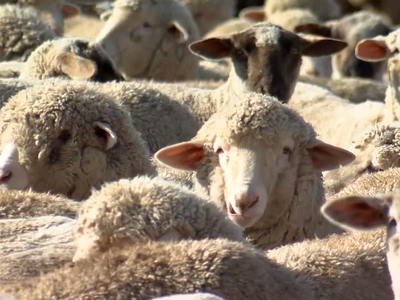West Nile Virus Infected Horse Confirmed
The first 2016 case of equine west nile virus was confirmed last week in Weld County. Colorado State Veterinarian Dr. Keith Roehr saysRoehr: “They typically start in August so this is not unexpected. A key thing for horse owners to be aware of is that the vaccinations are a very effective tool to prevent disease — they’ve been very effective and safe. Horses that have had vaccinations in past years, need boosters vaccination. If they have had one already this year, they are probably protected. Horses that have not been vaccinated in previous years, should have an initial vaccine and then a booster within three to four weeks after the initial vaccination.”
Although the chances that your horse would become infected may be slight — if it does happen, Dr. Roehr say
Roehr: “Many times it has about a 30 percent mortality rate. So 30 percent of the horses die or have to be euthanized. But there are a umber of horses — just like people — that get the disease and never recover so they have some potential to have ongoing neurological deficient or problems that don’t resolve.”
In addition to vaccinations, horse owners also need to reduce the mosquito populations and their possible breeding areas. Recommendations include removing stagnant water sources, keeping animals inside during the bugs’ feeding times, which are typically early in the morning and evening, and using mosquito repellents.


















